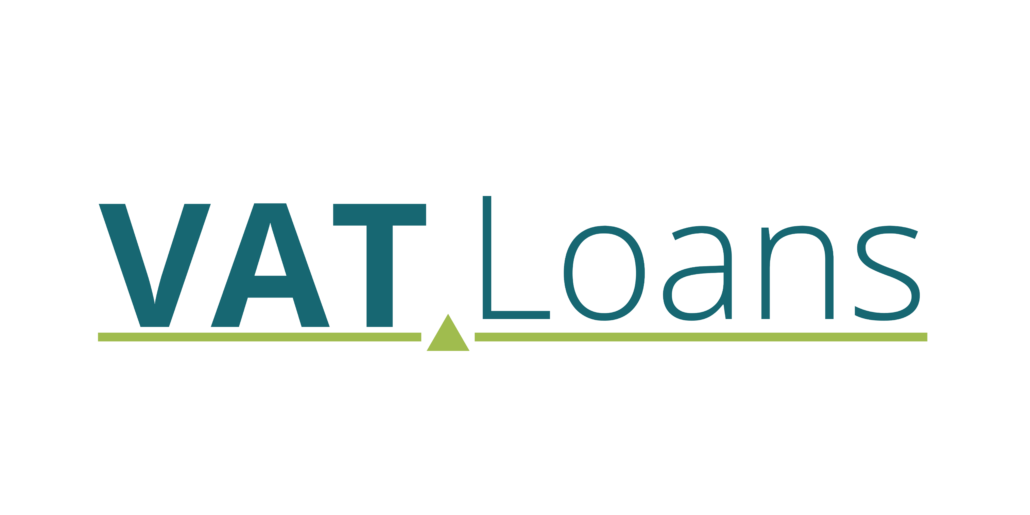The Future of VAT Financing: Trends and Innovations
In the world of business, there are many financial challenges companies face, one of which is VAT. Some companies struggle to finance VAT payments, while others seek innovative ways to improve VAT financing. In this blog post, we’ll explore the future of VAT financing, including trends and innovations that can help businesses overcome these challenges.
Use of Technology
The future of VAT financing is heavily reliant on technology to simplify VAT calculation and payment processes. An example is the increase in cloud-based accounting software that is integrated with tax systems. This integration helps businesses to automate their VAT calculations, reducing the risk of human error. In addition, online platforms and APIs that facilitate easy VAT refund claims have emerged and gained popularity in recent years.
Specialised Financial Services
With the increasing demand for VAT financing, specialized financial services have emerged to help businesses manage their cash flows and accelerate VAT refund claims. These services provide financing solutions that enable companies to benefit from prompt VAT refunds without affecting their cash flow. Specialized financing companies collaborate with the tax authorities to verify VAT claims and ensure the process adheres to the relevant tax regulations.
Collaborative VAT Recovery Efforts
As more companies explore new ways of financing VAT payments, tax authorities and other industry players collaborate to simplify the VAT recovery process. This collaboration involves tax authorities working with businesses to facilitate VAT recovery claims using technology innovation.
VAT Bonds
VAT bonds are another innovative means of financing VAT payments. This financing solution offers a quick and easy way for businesses to secure VAT payment financing without stringent requirements. The bondholder provides the business with the VAT payment financing, and in return, the business pays back the VAT amount plus interest within a specified period.
VAT Automation
VAT automation refers to the use of technology to simplify VAT processes such as compliance, reporting, and payments. Automation technology integration helps businesses to reduce VAT compliance errors and avoid late payment penalty fees. VAT automation also facilitates seamless communication between businesses and tax authorities.
In conclusion, VAT financing is a crucial challenge in the business world, and the future of VAT financing is all about innovation and technology. Businesses can leverage technology to simplify VAT processes, including reporting, compliance, and payment. As the demand for special VAT financing solutions rises, the industry will continue to provide innovative ideas to make VAT financing easy and more accessible. If you would like more information on this topic then please get in touch.




